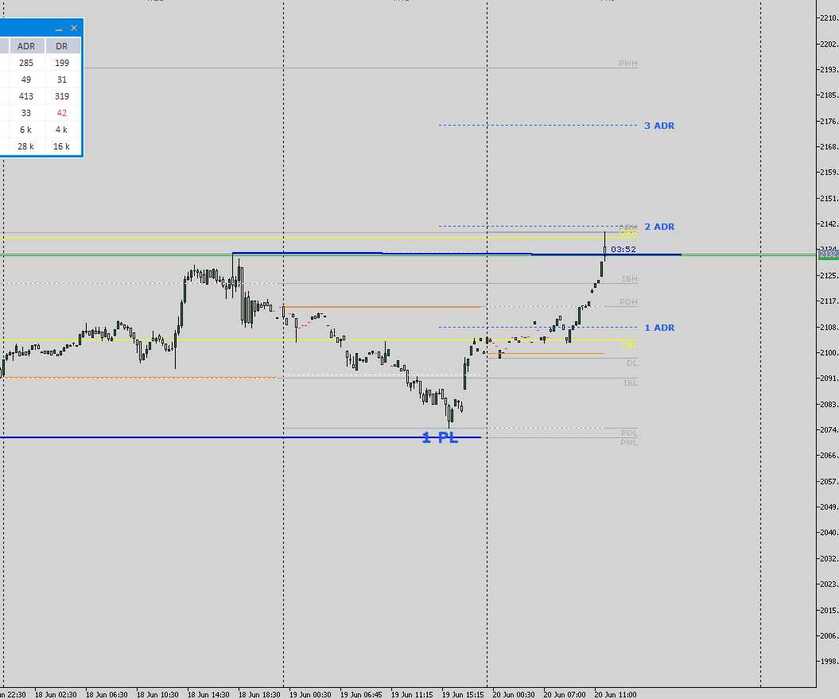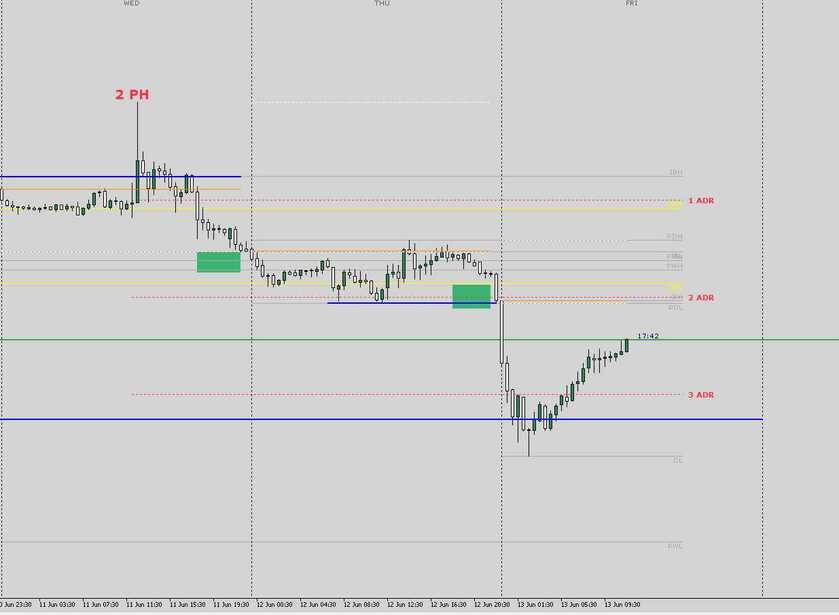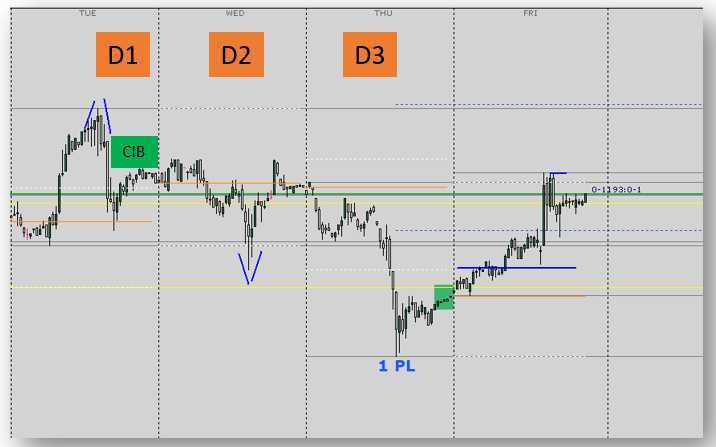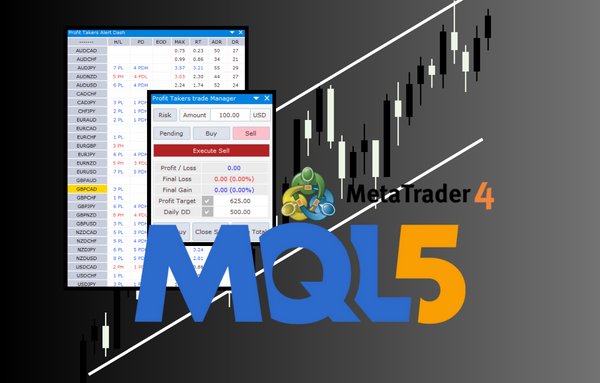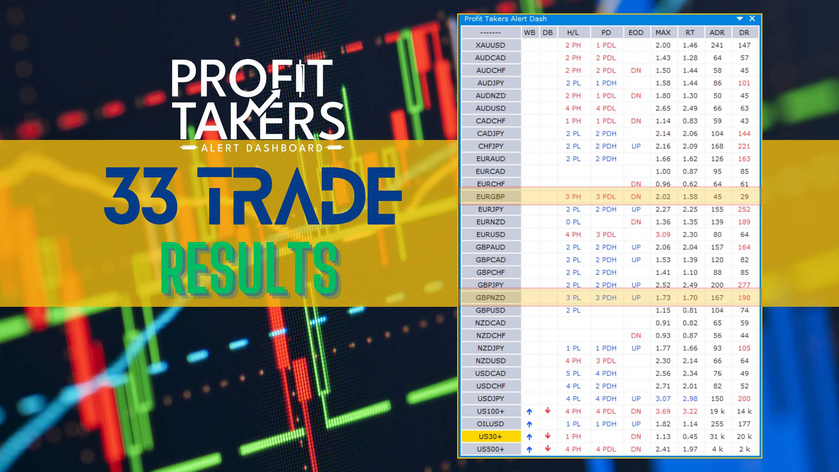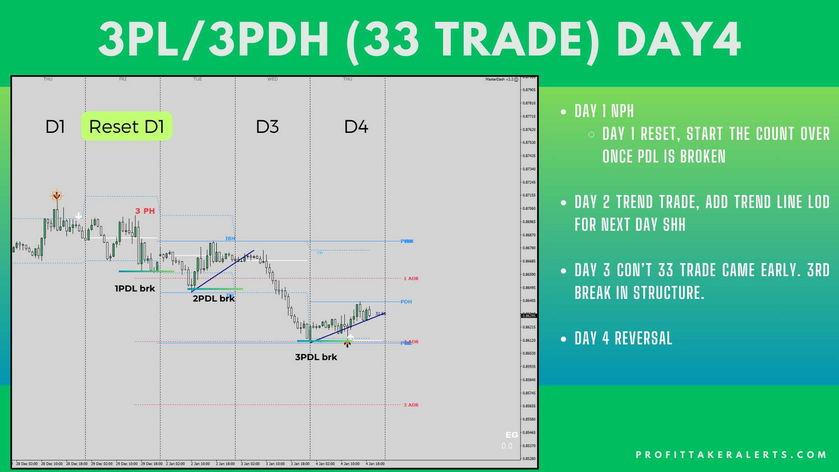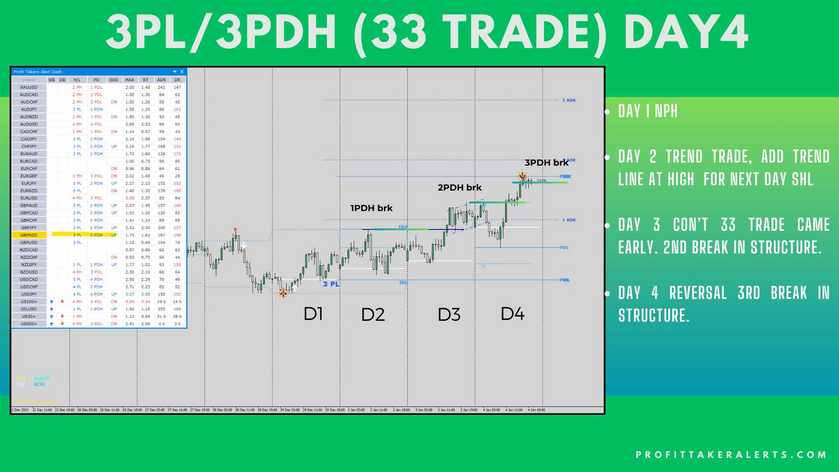Trading forex with a prop firm account can be an exciting opportunity to leverage your trading skills and potentially earn substantial profits. However, it's important to approach prop trading with caution and discipline, as it comes with its own set of risks. Many traders make mistakes that can quickly lead to losses and result in blowing up their prop firm account. In this article, we will discuss common mistakes to avoid if you want to keep your prop firm account intact and increase your chances of success in forex trading.
Overleveraging: One of the biggest mistakes traders make is using excessive leverage. Leverage allows you to control a larger position size with a smaller amount of capital, but it also amplifies your losses. If you use too much leverage, a small adverse price movement can wipe out your entire account. It's important to understand the concept of leverage and use it judiciously, keeping in mind your risk tolerance and the size of your trading account. As a general rule of thumb, it's recommended to keep your leverage below 5% to 10% of your trading capital.
Lack of Risk Management: Proper risk management is essential in forex trading. Many traders fail to set appropriate stop-loss orders or fail to adhere to them, which can result in significant losses. It's crucial to set stop-loss levels for each trade and stick to them, regardless of market fluctuations. Additionally, diversifying your trades and not putting all your capital into a single trade can help mitigate risk. It's also important to avoid revenge trading, where you try to recover losses by taking impulsive and emotionally driven trades. Developing a comprehensive risk management plan and sticking to it is crucial for long-term success in forex trading.
Ignoring Fundamental and Technical Analysis: Forex trading requires a solid understanding of both fundamental and technical analysis. Fundamental analysis involves analyzing economic indicators, news events, and geopolitical factors that can impact currency prices. Technical analysis involves studying price charts, patterns, and indicators to identify potential trading opportunities. Ignoring these critical aspects of forex trading can result in poor decision-making and ultimately lead to losses. It's important to dedicate time and effort to learning and applying both fundamental and technical analysis in your trading strategy.
Overtrading: Another common mistake is overtrading, which means taking too many trades without proper analysis or justification. Overtrading can lead to emotional decision-making, impulsive trading, and a lack of discipline, which can result in significant losses. It's important to be patient and selective when taking trades, focusing on high-quality setups that align with your trading strategy and risk management plan. Avoid the temptation to chase after every market move and be disciplined in your trading approach.
Lack of Trading Plan: Trading without a well-defined trading plan is like sailing without a compass. A trading plan acts as a roadmap that outlines your trading goals, strategies, risk management rules, and trading routine. Without a trading plan, you are more likely to make impulsive decisions and lack discipline, which can quickly lead to losses. Develop a comprehensive trading plan that suits your trading style, and stick to it consistently.
Failing to Adapt to Changing Market Conditions: Forex markets are dynamic and constantly changing. Failing to adapt to changing market conditions can result in losses. It's important to stay informed about market news, events, and trends and adjust your trading strategy accordingly. Be flexible and open to changing your approach when market conditions require it.
Lack of Emotional Control: Emotions play a significant role in trading, and failing to manage them can result in poor decision-making and impulsive trading. Fear, greed, and overconfidence can cloud your judgment and lead to losses.
It's crucial to develop emotional control and discipline in your trading approach. Keep your emotions in check and avoid making impulsive decisions based on fear or greed. Stick to your trading plan and risk management rules, and don't let emotions drive your trading decisions.
In conclusion, trading forex with a prop firm account can be a lucrative opportunity, but it comes with its own set of risks. To avoid losing your prop firm account, it's important to avoid common mistakes such as overleveraging, lack of risk management, ignoring fundamental and technical analysis, overtrading, lack of a trading plan, failing to adapt to changing market conditions, and lack of emotional control. Developing a solid trading plan, using leverage judiciously, practicing proper risk management, and staying disciplined and patient in your trading approach are key to increasing your chances of success in forex trading with a prop firm account. Remember that forex trading requires continuous learning, practice, and discipline, and it's essential to approach it with a long-term mindset. With proper knowledge, skills, and discipline, you can navigate the forex markets successfully and protect your prop firm account from unnecessary losses.

